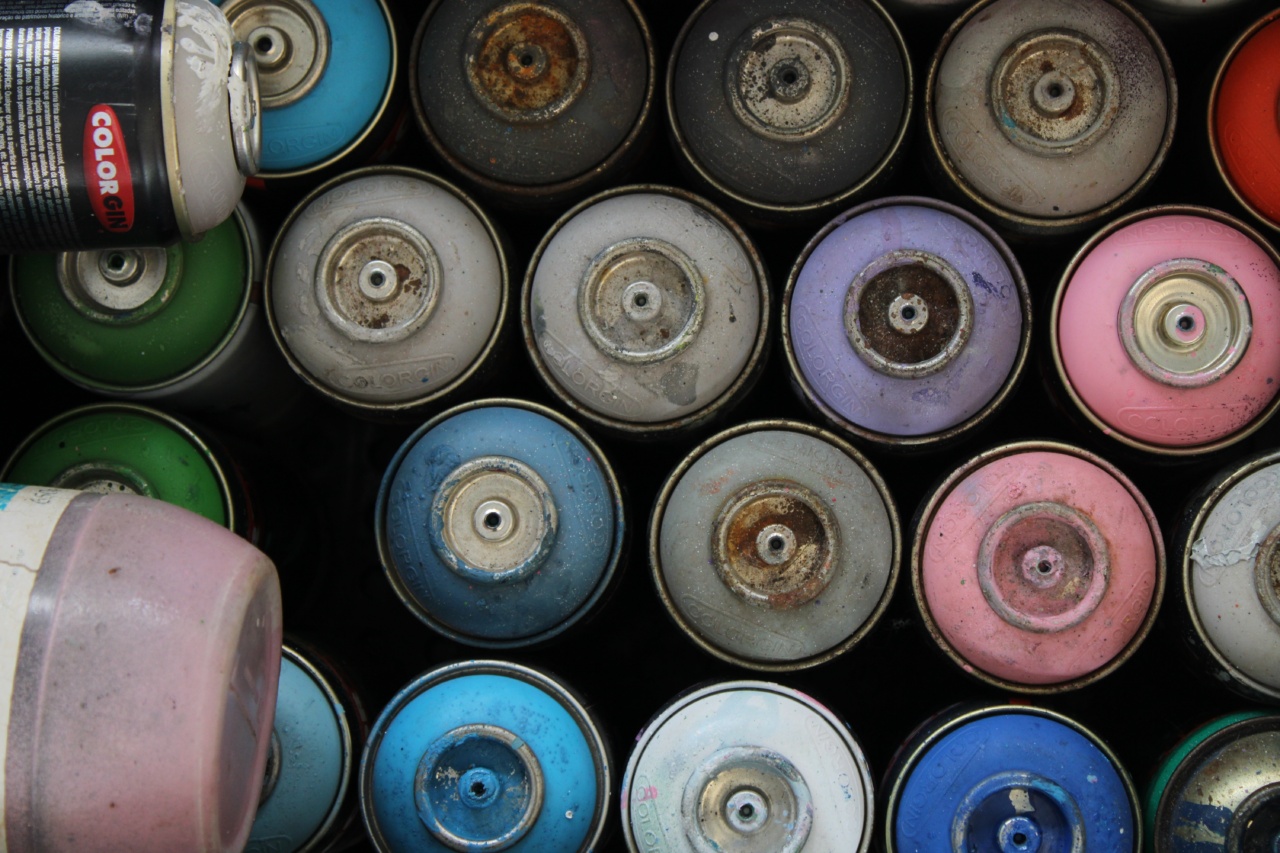When it comes to storage, there are a lot of myths and misconceptions out there. The truth is, the world of storage has changed a lot in recent years, and many of the things you thought you knew may no longer be true.
In this article, we’ll debunk 10 of the most common storage myths.
Myth #1: You should always buy the biggest hard drive possible
While it’s certainly tempting to buy the biggest hard drive you can find, bigger isn’t always better. In fact, if you buy a hard drive that’s too big for your needs, you could end up wasting a lot of money.
The best thing to do is to buy a hard drive that’s the right size for your needs, based on the amount of data you have and how much storage you expect to need in the future.
Myth #2: External hard drives are unreliable
External hard drives have come a long way in recent years, and they’re now just as reliable as internal hard drives.
In fact, external hard drives are often more reliable than internal hard drives because they’re not subjected to the same wear and tear as internal drives. The key is to buy a quality external hard drive from a reputable manufacturer, and to take care of it properly.
Myth #3: SSDs are too expensive
While it’s true that SSDs are generally more expensive than traditional hard drives, the gap has been closing in recent years.
In fact, you can now find SSDs that are very affordable, especially if you’re willing to sacrifice a bit of storage space. Even if you have to pay a bit more for an SSD, it’s worth it for the performance boost you’ll get.
Myth #4: Formatting your hard drive will permanently erase all your data
This isn’t entirely true. When you format a hard drive, you’re essentially wiping the slate clean and preparing the drive for new data. However, the data itself isn’t actually erased until it’s overwritten by new data.
If you want to permanently erase your data, you’ll need to use a data wiping tool.
Myth #5: Cloud storage is always more secure than local storage
While cloud storage can be very secure, it’s not immune to hacking or data breaches. In fact, many high-profile data breaches in recent years have involved cloud storage providers.
That said, good cloud storage providers typically have better security measures in place than the typical home user, so it can be a good option for people who aren’t confident in their local storage security.
Myth #6: RAID gives you complete data protection
RAID (Redundant Array of Independent Disks) is a great way to protect your data in case of a hardware failure, but it’s not foolproof.
RAID protects against disk failure, but it won’t protect against other types of data loss, like accidental deletion or corruption.
Myth #7: All flash drives are created equal
Flash drives may all look the same on the outside, but there can be big differences in terms of quality and performance. Cheap flash drives are more likely to fail or perform poorly, so it’s worth spending a bit more to get a quality drive.
Myth #8: RAID 0 is the fastest RAID configuration
RAID 0 is great for speed, as it spreads data across multiple drives for faster access times. However, it’s also the most risky RAID configuration, as it offers no protection against disk failure. If one drive fails, you could lose all your data.
RAID 5 is a better option for most users, as it offers both speed and data protection.
Myth #9: You need to defragment your hard drive regularly
This used to be true, but it’s not as important as it used to be. Modern operating systems and file systems are much better at handling fragmentation, so you don’t need to defragment as often.
In fact, defragmenting too often can actually be harmful to your hard drive.
Myth #10: Hard drives only fail when they start making strange noises
While strange noises can be a sign that your hard drive is failing, it’s not the only sign. Other signs of a failing hard drive include slow performance, file corruption, and frequent crashes.
It’s a good idea to regularly monitor the health of your hard drive and take action if you notice any warning signs.






























